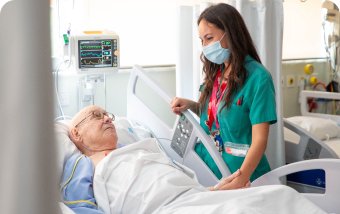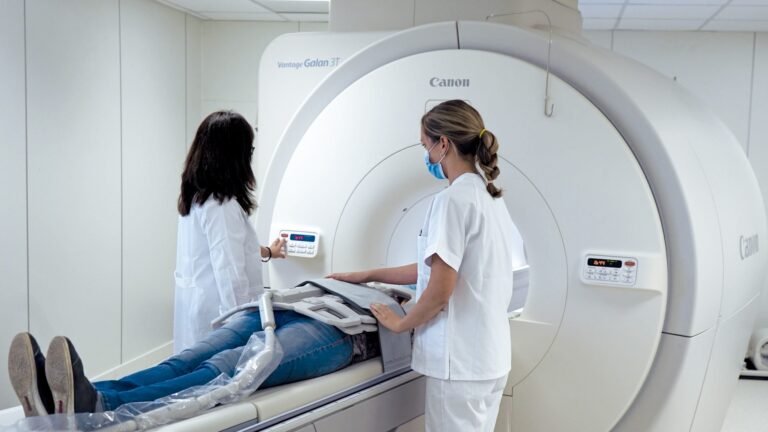Colon cancer is a disease that originates in the large intestine, specifically the colon. This type of cancer develops when cells in the colon grow uncontrollably and form malignant tumors. It is one of the most common types of cancer and can affect both men and women, especially those over the age of 50. In the context of World Colon Cancer Day, which is commemorated on March 31, in this post on the Ribera Health Group’s health blog, we will review what this disease is, the most common symptoms, and, above all, what we can do to prevent its onset or detect it at an early stage.
Dr. Cristóbal de la Coba, a gastroenterologist at Ribera Covadonga Hospital (Gijón), warns that this disease is increasing “in a worrying way in recent years” in people under 50. “And the worst of all is that the reason is not clear,” he adds.
Most common symptoms of colon cancer
Colon cancer can present with various symptoms, although in its early stages it may be asymptomatic. Some of the most common symptoms include:
Changes in bowel habits, such as persistent diarrhea or constipation.
Blood in the stool or rectal bleeding.
Persistent abdominal pain or discomfort.
Weakness or fatigue.
Anemia.
Unexplained weight loss.
Feeling of incomplete evacuation.
It is important to remember that these symptoms can also be associated with other, less serious conditions, so it is crucial to consult a healthcare professional if they occur.
Tips to prevent colon cancer
Professionals recommend a series of measures to prevent colon cancer and maintain a healthy lifestyle. Good digestive health
Maintain a balanced diet rich in fiber, including fruits, vegetables, legumes, and whole grains.
Avoid excessive consumption of red and processed meats.
Limit alcohol consumption and avoid tobacco.
Engage in regular physical activity to maintain a healthy weight.
Have regular medical checkups, especially starting at age 50, or earlier if there is a family history of colon cancer. In this case, Dr. de la Coba also recommends participating in population screenings conducted by the Public Health Service to detect blood in stool.
Consider early detection tests, such as colonoscopy, as directed by your doctor.
For Dr. Cristóbal de la Coba, a gastroenterologist at Ribera Covadonga Hospital, starting at age 45, depending on the patient’s profile, a colonoscopy may be recommended “because it is a simple, painless test performed with sedation, and it is already being recommended in the United States at this age, precisely because of the increase in the population with colon cancer.” colon under 50 cm.
He also insists that diet is decisive in the development of this disease. Consuming foods such as red meat or alcoholic beverages increases the predisposition to this disease. “Even in seemingly small amounts, especially in women, it can increase the likelihood of certain types of cancer, such as colon cancer,” he asserts. “Alcohol consumption is increasing among women and young women, and a large number of them consume it daily and have normalized it. We must emphasize that alcohol consumption is a health risk and that the best thing to do is not consume it,” she asserts.
Regarding obesity and being overweight, it influences many types of cancer, such as breast, uterine, and ovarian cancer. “More than 10 million people have fatty liver disease, also related to alcohol consumption and diet,” she asserts, adding that it can lead to cancer.
In short, colon cancer is a serious disease, but with early detection and a healthy lifestyle, it is possible to reduce the risk of developing it. Stay informed and don’t hesitate to consult your healthcare professionals if you have any symptoms or concerns.




















